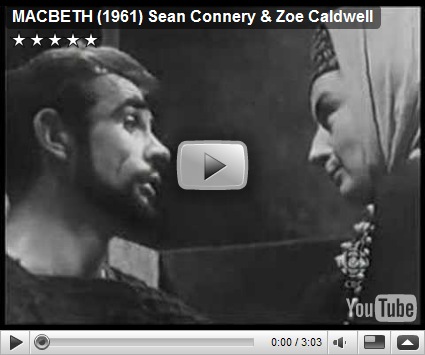When I heard about a book called “Shakespeare And Modern Culture” I thought, “Cool, that sounds like exactly the sort of thing I do here – the whole ‘Shakespeare is everywhere’ thing, video game commercials, Simpsons episodes, etc….” Then I saw it was written by Marjorie Garber, of “Shakespeare After All”, and I thought, “Uh oh.” I still can’t finish that one (a weakness I expect is my own, and not the author’s).
Turns out I’m right on both fronts. This is a real book that treats the subject seriously, considering not just examples of Shakespeare in modern culture (though it gives plenty), but looking at how opinions of Shakespeare have evolved over 400 years and how its integration with has changed. There’s one play per chapter, and while not all of the are covered, the big ones are all there. This is an excellent way to organize, as it gives the reader a chance to jump to their favorite and see how it’s been handled for the last few centuries.
I started with the Tempest, Romeo and Juliet, then skipped around past Merchant, Henry V (with lots of Obama references!) and Hamlet. How have attitudes toward The Tempest changed? Do we as a society identify more with Caliban, or Ariel? Is it really about slavery and colonization? Or what about Romeo? When and why did his name become synonymous not with someone who would die for true love, but more of a lothario, love-em-and-leave-em sort of individual? Where did the curse of Macbeth come from? What is it about Henry V that makes those particular speeches so darned quotable?
Far from a simple sampler of Shakespearean performance and critique over the last few centuries, this book keeps it all in perspective of the big picture. The question is constantly asked, Why? What is it about Shakespeare’s work that enables us to ask any question, and then find what appears to be evidence to support our case? Is it even a relevant question any more to ask what Shakespeare intended, or does each generation simply use the work as they need? How is it possible that everything else in the world has changed over 400 years, and yet we’re still going back to what Shakespeare gave us?
I still contend that Garber’s work is not quite as “approachable” as I’d like, and this time I have a good example. I once said that I could flip through Shakespeare After All and find a word on any random page that the average reader would have to go look up in a dictionary. Well, this book did it for me with the word ‘aubade’. I’d like to think I’m fairly well educated, and I’ve been around for a couple decades now, and never before this book had I seen that word (which turns out to mean “a poem or song about lovers separating at dawn”). I need a glossary more when Garber talks about Shakespeare than I do with Shakespeare!
In the end, Garber’s premise is fascinating and her research is top notch. She seems to get genuinely peeved when sources get their history wrong, which I find amusing. Her biggest problem with Shakespeare In Love is the idea that it was Romeo and Juliet that was Shakespeare’s breakout hit that put him on the map. And she completely dismisses the idea that The Tempest was Shakespeare’s “farewell” play. This is an author who clearly takes her subject seriously both because it is her profession, and because she has a true love of the source material.
This book isn’t for everybody. It’s not a light read. It’s hard enough to read Hamlet, it’s hard enough to read Joyce’s Ulysses – so where does that put the chapter dedicated to Stephen Daedalus’ interpretation of Hamlet? It’s confusing just *talking* about it, unless this is the kind of thing you live and breathe. But for those of us that do live and breathe it (or at least we had more time in the day to do so?) It’s quite the treasure.

